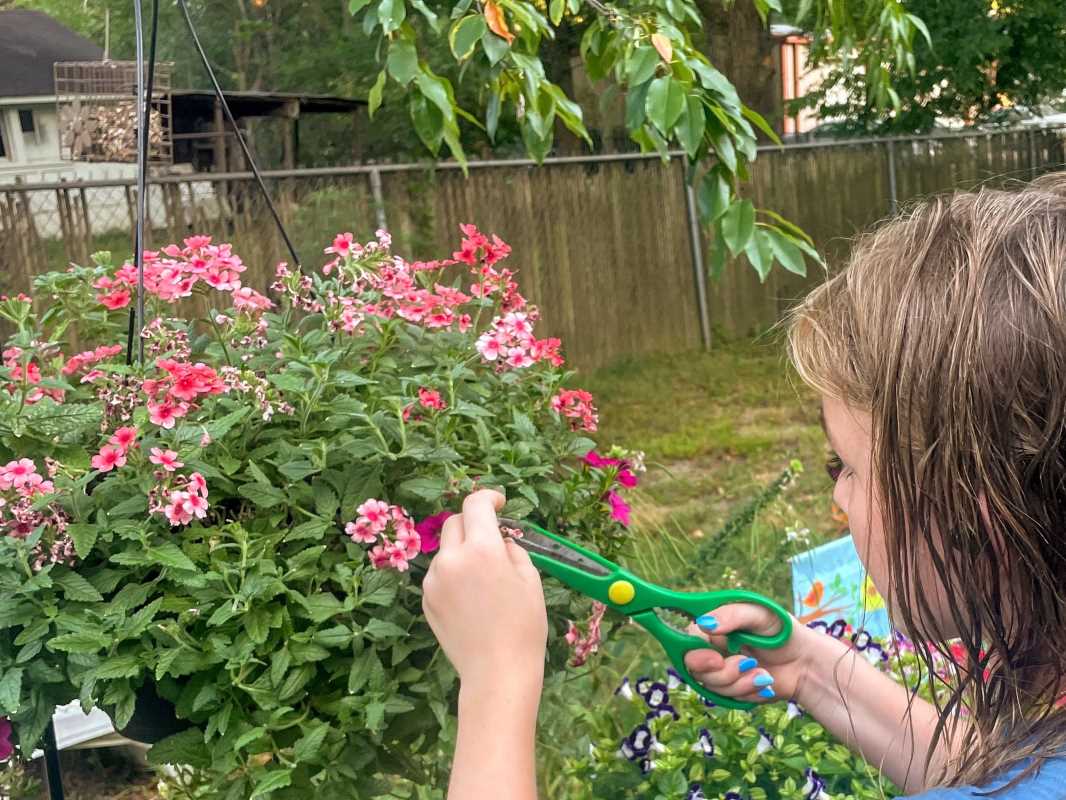Life is full of transitions, from major milestones to unexpected changes, and supporting loved ones through these times is key to maintaining strong relationships. Whether it’s a new job, moving to a new city, starting a family, coping with loss, or entering retirement, being there for friends and family can make all the difference. Here are some ways you can help them navigate life's ups and downs.
Navigating Career Changes
Starting a new job can be both exciting and stressful. It brings hope but also anxiety and uncertainty. Offer to listen and celebrate achievements, big or small. Be their sounding board, letting them express fears and hopes without judgment. Help them explore new opportunities by connecting them with professionals, or offer to review their resumes and cover letters. Express confidence in their abilities and remind them of past successes. Practical help, like mock interviews or discussing workplace culture, can ease their transition.
Acknowledge the emotional rollercoaster of career changes. Many feel self-doubt about fitting in or meeting expectations. Encourage them to focus on positive aspects and growth opportunities. Remind them that every transition includes a learning curve, and mixed feelings are normal. Suggest networking opportunities or workshops to build confidence. Accompanying them to events can ease the anxiety of meeting new people. Encourage setting achievable goals for the first few months to create a roadmap for success.
Relocating to a New City
Moving can be overwhelming, especially if leaving behind familiar places and friends. Offer help with packing and be available on moving day. Share tips on settling in, like recommending local shops and events. Help them connect by introducing them to friends or family nearby. Stay in touch with regular calls and video chats. Encourage exploring their new surroundings and making new friends. Assure them it's normal to feel mixed emotions and that building new relationships takes time.
Assist in creating a checklist for tasks in the new city, like setting up utilities and finding local services. Accompany them on first outings to help them feel comfortable. Encourage joining local clubs or activities to meet new people and build a sense of belonging. Remind them it's normal to miss their old home, but with time and effort, they can create a fulfilling new life.
Supporting During Times of Grief
Coping with loss is challenging and requires compassion. Grief can be isolating, making it hard to find footing. Be there to listen without judgment, allowing them to share thoughts and feelings. Offer practical help with daily tasks that feel overwhelming. Provide a safe space for sharing emotions, whether sitting in silence or sharing memories. Attend memorials or create a ritual to honor their loved one. Simple gestures, like sending a card, remind them they're not alone.
Understand that grief is unique to each person. Some may want to talk, others prefer solitude. Be sensitive and adjust support accordingly. If they're open, suggest activities to honor their loved one, like planting a tree. Be patient as they navigate their grief. Healing takes time, and it's okay to feel a range of emotions. Offer to accompany them to support groups where they can connect with others with similar experiences.
Embracing Parenthood
Welcoming a new baby is joyous but challenging. New parents often feel overwhelmed. Offer help with childcare or assist with daily tasks. Running errands, preparing meals, or just being there can provide invaluable support. Be a source of encouragement, offering words of reassurance. Celebrate milestones together, cherishing moments with their little one.
Consider organizing a meal train to ensure a steady supply of meals during the early weeks. Help set up a comfortable space for the baby, offering guidance on baby gear. Encourage parents to take time for themselves, highlighting the importance of self-care. Remind them that caring for themselves is as vital as caring for their newborn.
Dealing with Relationship Changes
Relationships undergo transitions too, like marriage, breakups, or conflicts. These changes can stir emotions and uncertainties. Be there to listen, allowing them to express feelings and concerns. Offer unbiased advice and support without judgment. Encourage open communication and empathy. Suggest activities to help heal, like walks, hobbies, or spending time together.
In breakups, loved ones may feel loss akin to grieving. Encourage expression of feelings and processing emotions healthily. Suggest self-reflection to understand needs moving forward. Help create a new routine with enjoyable activities and new experiences. For conflicts, encourage open communication to resolve misunderstandings. If needed, suggest professional help, like counseling, to facilitate communication.
Adapting to Retirement
Retirement is a major transition with mixed emotions. After years of work, many retirees feel lost. Help them adjust by encouraging exploration of hobbies and staying active. Suggest activities that align with their interests. Offer to accompany them on adventures or local excursions. Listen to their concerns and fears, providing support and guidance.
Help create a structured routine that provides a sense of purpose. Encourage exploring volunteer opportunities that resonate with their passions. Suggest taking classes to learn new skills or revisit old hobbies. Remind them that retirement is an opportunity for growth and discovery. Support their endeavors to embrace this new phase with enthusiasm.
The Importance of Open Communication
Throughout these transitions, open communication is essential. Encourage loved ones to express thoughts and feelings, and let them know you're there to listen without judgment. Creating a comfortable space for sharing leads to deeper connections and helps process emotions. Remind them it's okay to ask for help and they don't have to navigate changes alone. Being supportive strengthens relationships and empowers them to face challenges with confidence.
 (Image via
(Image via





